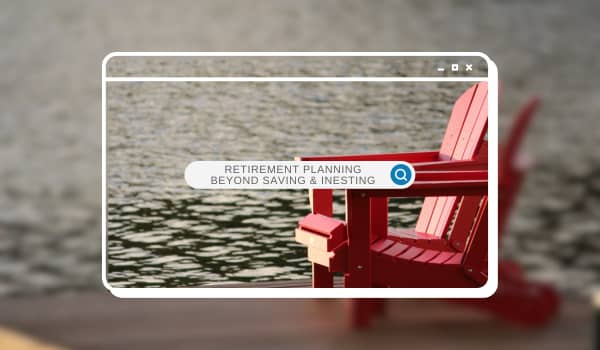The IRS Identifies Common Mistakes by 401(k) Plans
September 16, 2013|Parker Elmore
Few things make palms sweat and throats constrict more quickly than when the IRS hands out a list of “mistakes.”
Each year, the IRS publishes a list of common mistakes by companies that sponsor 401(k) retirement plans. Instead of being intimidating, however, the tax agency’s findings can actually prove beneficial to those businesses that take the time to review and act upon them.
So what’s the first mistake identified by the IRS? It’s the failure of plan sponsors to ensure their plan document has been updated in a timely manner to reflect recent changes in law. Every retirement plan sponsor must have a plan document, which spells out how the plan should be run and administered.
Judging by the blizzard of new rules and regulations proposed at the federal level during the past few years to reform 401(k)s, the next few years could potentially spell many changes for plan documents. Odyssey Advisors recommends that plan sponsors review their plan documents annually, maintain regular contact with their plan provider and rely on a “tickler” as a reminder of when amendments must be completed.
The second mistake listed is failure to follow the terms of the 401(k) plan. Plan sponsors are urged to communicate with plan participants and plan service providers about any changes to the plan on a “timely basis.” Due diligence should be conducted annually to ensure that terms of the plan are being followed.
Mistake number 3 is the incorrect application of the plan’s definition of compensation for salary deferrals and allocations. The suggested remedy is to ensure proper training for whoever is responsible for determining compensation and annually reviewing compensation definitions. As with anyone responsible for compensation, especially your compensation, broach the need for training gently.
The fourth mistake is the misapplication of employer matching contributions to eligible employees. Matching contributions are often viewed as “free money,” and it’s important to ensure that the right amounts are directed to the right people. We urge plan sponsors to contact their plan administrator to ensure they have “adequate and sufficient” records pertaining to employment and payroll.
Coming in at number 5 is the failure of 401(k) plans to satisfy nondiscrimination tests.
Plan sponsors which fail the tests, either for the Actual Deferred Percentage (ADP) or the Actual Contribution Percentage (ACP), should consider a Safe Harbor Plan or automatic enrollment. Another helpful tactic is to work with the plan’s administrator to ensure all employees are classified correctly and to familiarize the plan sponsor and administrator with the plan’s terms.
Committing any of these common mistakes can cause headaches for plan sponsors and potentially more pain for plan participants. Reviewing this list with Odyssey Advisors can be a tremendous help.
Parker Elmore is president of Odyssey Advisors. Odyssey Advisors provides expert consultation in the design and management of employer-sponsored retirement plans and works with retirement plan providers such as MassMutual, a contributor to this article. Parker Elmore can be reached at 855-401-GAIN or at pelmore@odysseyadvisors.com.
Parker Elmore and Odyssey Advisors are not affiliates of MassMutual.
MassMutual Financial Group is a marketing name for Massachusetts Mutual Life Insurance Company (MassMutual) and its affiliated companies and sales representatives.
This information is written in connection with the promotion or marketing of the matter(s) addressed in this material. This information cannot be used or relied upon for the purpose of avoiding IRS penalties. These materials are not intended to provide tax, accounting or legal advice. As with all matters of a tax or legal nature, you should consult your own tax or legal counsel for advice.
RS-31835-00

About The Author As President and CEO of Odyssey Advisors, Parker Elmore is dedicated to quality service, expertise, and efficiency. With over 25 years of industry experience, Parker and the Odyssey team develop and implement solutions to the complex financial issues faced by...
More Insights From This author

September 6, 2023
Parker Elmore

August 28, 2023
Parker Elmore







